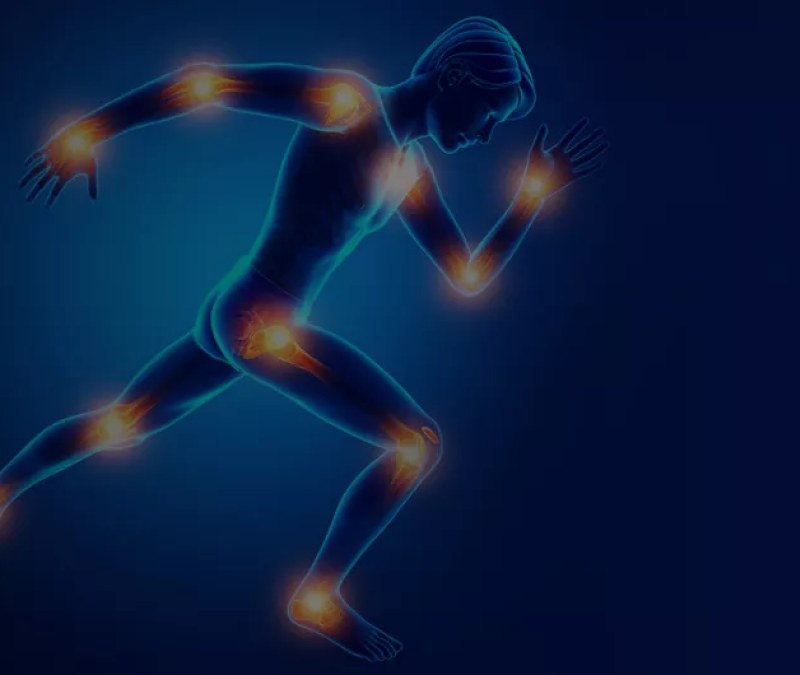A state-of-the-art facility for comprehensive management of diabetic foot conditions, Aster Podiatry offers specialised treatment methods that help avoid amputation, even in highly complicated cases. One of India’s most advanced centres for complex reconstructive and limb-salvage surgeries in diabetic foot patients, the department offers specialized, first-of-its-kind procedures in the world including the Sling Technique for foot and ankle stabilization and use of Polymethyl Metacrylate (PMMA) as replacement prosthesis for severely destroyed foot and ankle bones.
Our Doctors
We have some of the best specialists from around the world, they bring years of experience and offer evidence-based treatment to ensure the best care for you.




